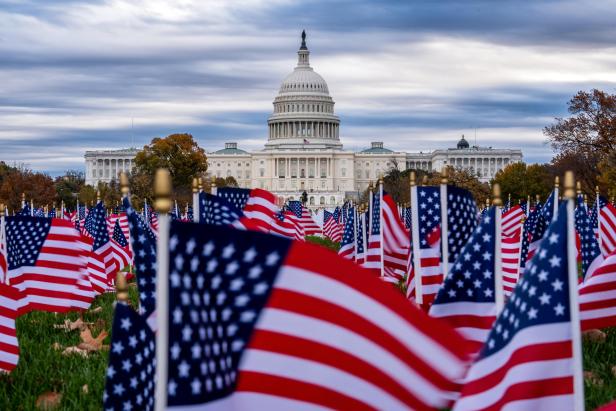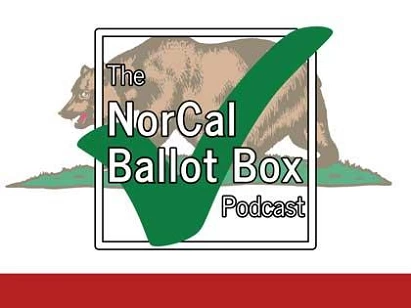 photo credit: J.Scott Applewhite/AP
photo credit: J.Scott Applewhite/APEight Democratic senators are facing criticism from their own party for their deal with Republicans to end the federal government shutdown.
The eight senators voted Sunday night to provide crucial votes to allow the Senate to move forward on compromise legislation that would reopen the government.
Their decision was labeled a “betrayal” and “pathetic” by some of the most prominent voices in the Democratic Party.
“There were absolutely no concessions whatsoever for the whole issue this was about,” North Bay congressman Mike Thompson told KRCB News Monday morning. “And that is the funding of healthcare…restoring the just atrocious cuts that the Republicans have foisted on the American people in regard to their health benefits and access to healthcare. “
Thompson said the deal includes a vague promise to vote on the health care aspect next month.
“I guess there's some agreement to vote on it, but I don't see how that gets us any place,” Thompson said. “Just an agreement to vote…it doesn't sound to me like anything has been accomplished.”
The group of moderate Democrats surely knew they would face such criticism when they broke ranks with most Democrats.
Meanwhile, North Bay and District 2 Representative Jared Huffman told KRCB News he's proud of how most of the Democratic caucus stuck together.
“We were not doing this to shut down the government,” Huffman said. “We were doing this to try to prevent the healthcare system from crashing, and we still have a lot of work to do in that regard. But I think we raised the profile of the issue in a very important way, and this fight is not over.”
Those eight senators say they were convinced it was time for the shutdown to end. Republicans praised them Monday, saying they put principle over personal politics. The group of defectors consisted of several senators who are retiring next year, as well as a number of former governors.
But Huffman said the latest deal means we could be facing another shutdown soon.
“It would partially fund the government through the end of the fiscal year, which is next September,” Huffman said. “But it would leave large portions of the government unfunded after January, so we could well be heading for another round of this dysfunction.”

 Live Radio
Live Radio




